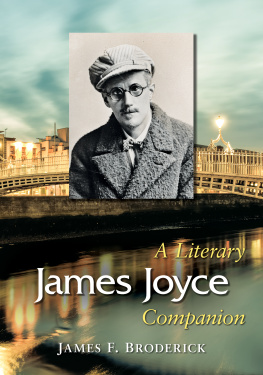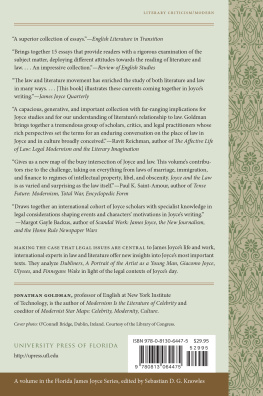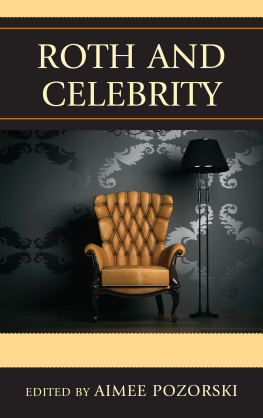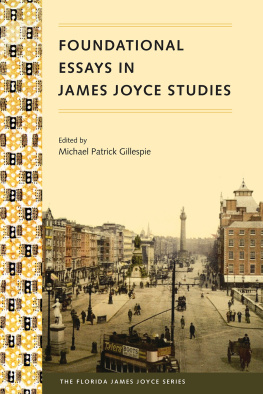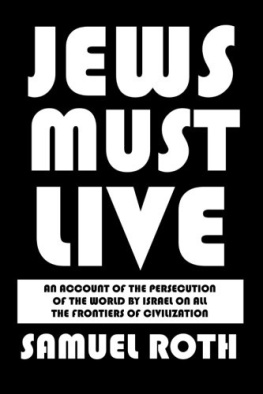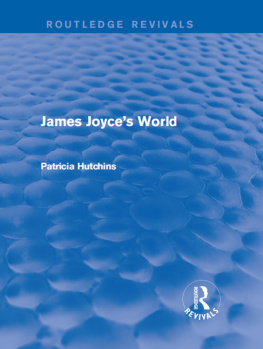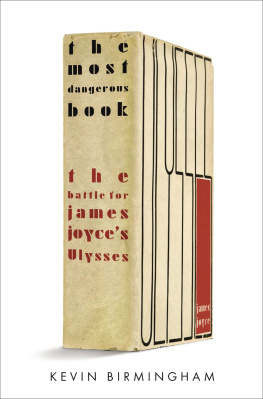WITHOUT COPYRIGHTS
MODERNIST LITERATURE & CULTURE
Kevin J. H. Dettmar & Mark Wollaeger, Series Editors
Consuming Traditions
Elizabeth Outka
Machine Age Comedy
Michael North
The Art of Scandal
Sean Latham
The Hypothetical Mandarin
Eric Hayot
Nations of Nothing But Poetry
Matthew Hart
Modernism & Copyright
Paul K. Saint-Amour
Accented America
Joshua L. Miller
Criminal Ingenuity
Ellen Levy
Modernisms Mythic Pose
Carrie J. Preston
Pragmatic Modernism
Lisa Schoenbach
Unseasonable Youth
Jed Esty
World Views
Jon Hegglund
Americanizing Britain
Genevieve Abravanel
Modernism and the New Spain
Gayle Rogers
At the Violet Hour
Sarah Cole
The Great American Songbooks
T. Austin Graham
Fictions of Autonomy
Andrew Goldstone
Without Copyrights
Robert Spoo
The Degenerate Muse
Robin G. Schulze
Commonwealth of Letters
Peter J. Kalliney
WITHOUT COPYRIGHTS
PIRACY, PUBLISHING, AND THE PUBLIC DOMAIN
ROBERT SPOO


Oxford University Press is a department of the University of Oxford.
It furthers the Universitys objective of excellence in research, scholarship,
and education by publishing worldwide.
Oxford New York
Auckland Cape Town Dar es Salaam Hong Kong Karachi
Kuala Lumpur Madrid Melbourne Mexico City Nairobi
New Delhi Shanghai Taipei Toronto
With offices in
Argentina Austria Brazil Chile Czech Republic France Greece
Guatemala Hungary Italy Japan Poland Portugal Singapore
South Korea Switzerland Thailand Turkey Ukraine Vietnam
Oxford is a registered trademark of Oxford University Press
in the UK and certain other countries.
Published in the United States of America by
Oxford University Press
198 Madison Avenue, New York, NY 10016
Robert Spoo 2013
All rights reserved. No part of this publication may be reproduced, stored in a retrieval system, or transmitted, in any form or by any means, without the prior permission in writing of Oxford University Press, or as expressly permitted by law, by license, or under terms agreed with the appropriate reproduction rights organization. Inquiries concerning reproduction outside the scope of the above should be sent to the Rights Department, Oxford University Press, at the address above.
You must not circulate this work in any other form
and you must impose this same condition on any acquirer.
Library of Congress Cataloging-in-Publication Data
Spoo, Robert E.
Without copyrights : piracy, publishing, and the public domain / Robert Spoo.
p. cm. (Modernist literature & culture)
Includes bibliographical references and index.
ISBN 9780199927876 ISBN 9780199927883 1. CopyrightUnited StatesHistory.
2. Copyright, InternationalHistory. 3. Law and literature. I. Title.
KF2994.S65 2013
346.730482dc23
2012040019
1 3 5 7 9 8 6 4 2
Printed in the United States of America
on acid-free paper
For the Three Tolerant Graces: Marjorie, Sophie, and Virginia
CONTENTS
THE AMERICAN PUBLIC DOMAIN AND THE COURTESY OF THE TRADE IN THE NINETEENTH CENTURY
TRANSATLANTIC MODERNISM IN THE AMERICAN PUBLIC DOMAIN
EZRA POUNDS COPYRIGHT STATUTE: PERPETUAL RIGHTS AND UNFAIR COMPETITION WITH THE DEAD
ULYSSES UNAUTHORIZED: PROTECTIONISM, PIRACY, AND PROTEST
JOYCE V. ROTH: AUTHORS NAMES AND BLUE VALLEY BUTTER
ULYSSES AUTHORIZED: RANDOM HOUSE AND COURTESY
In publishing Paul Saint-Amours edited collection Modernism and Copyright in 2011 (which includes an early version of of this book), we hoped to set the stage for a more thorough and sophisticated conversation about the role intellectual property issues played in the construction of modernism. Further, we believed that the Modernist Literature & Culture series might be an attractive venue for the kind of vibrant work on IP modernism sketched out in that volume. (Indeed, the series had already tapped into new work in law and modern literature with Sean Lathams The Art of Scandal in 2009.) In the back of our minds, we also knew that Robert Spoo was at work on an important study of the topic, work that reached back into the nineteenth-century tradition of trade courtesy and bore the impress of his careful legal scholarship; for many of us, the earliest inkling of this work came with the 1998 publication of his Yale Law Journal article Copyright Protectionism and Its Discontents: The Case of James Joyces Ulysses in America.
But we think its fair to say that no onenot even Bobknew back then how this story would turn out. In Without Copyrights: Piracy, Publishing, and the Public Domain, Spoo traces the shifting and dynamic relationship between intellectual property law, informal gentlemens publishing traditions, and the practices of modernist literary productionthe story, as he describes it, of transatlantic modernisms encounter with U.S. copyright law, lawful piracy, and the American public domain. The books thesis, to pick up on just one of Spoos artful formulations, is that the fear of failed copyrights lay behind many developments of modernism.
Its hard to write this foreword without dropping a lot of spoilers: youll learn things that will fundamentally unsettle your understanding of modernist authorship. Without giving too much away here, one comes away from Without Copyrights with a profound (and completely unexpected) respect for the poster boy of modernist literary piracy, Samuel Rothand with a much complicated understanding of the legality of the piracy of Roth and others, a piracy enabled, if not created, by protectionist American copyright law. Ezra Pounds thoughtful and systematic response to the predations of a publisher like Roth resulted in his somewhat quixotic proposal for perpetual copyrights combined with requirements to keep works in print, a proposal that begins to make sense for the first time in Spoos account; as he writes, Pound was the theorist of modernisms encounter with copyright and piracy.
As was demonstrated rather dramatically by the internet leak in 2003 of Radioheads album Hail to the Thief ten weeks prior to its commercial release, piracy can in fact generate publicity, and have a beneficial, not parasitic, effect on sales: the album sold 300,000 copies in its first week of U.S. release, a debut aided, according to many commentators, by the bootlegged preview. (See, for instance, Jonathan Cohen, Web Leak Fails to Deter Capitols Radiohead Setup, Billboard 14 June 2003.) But similar parables date back to at least the late nineteenth century; Spoo tells of the U.S. lecture tours of Oscar Wilde and W. B. Yeats, for instance, both of whom benefitted commercially from being pirated.
Finally (for now), its impossible to read through this careful and even-handed work without having ones conception of Joyce significantly complicated. We wont ruin the suspense, but suffice it to say that while he was shocked, shocked! by Roths piracy, Joyce was hardly a naf when it came to the hard realities of the U.S.s refusal to sign on to international copyright accords. Pirate, as Spoo succinctly puts it, was a term that could expand and contract with the nature of the perceived outrage.
Next page

